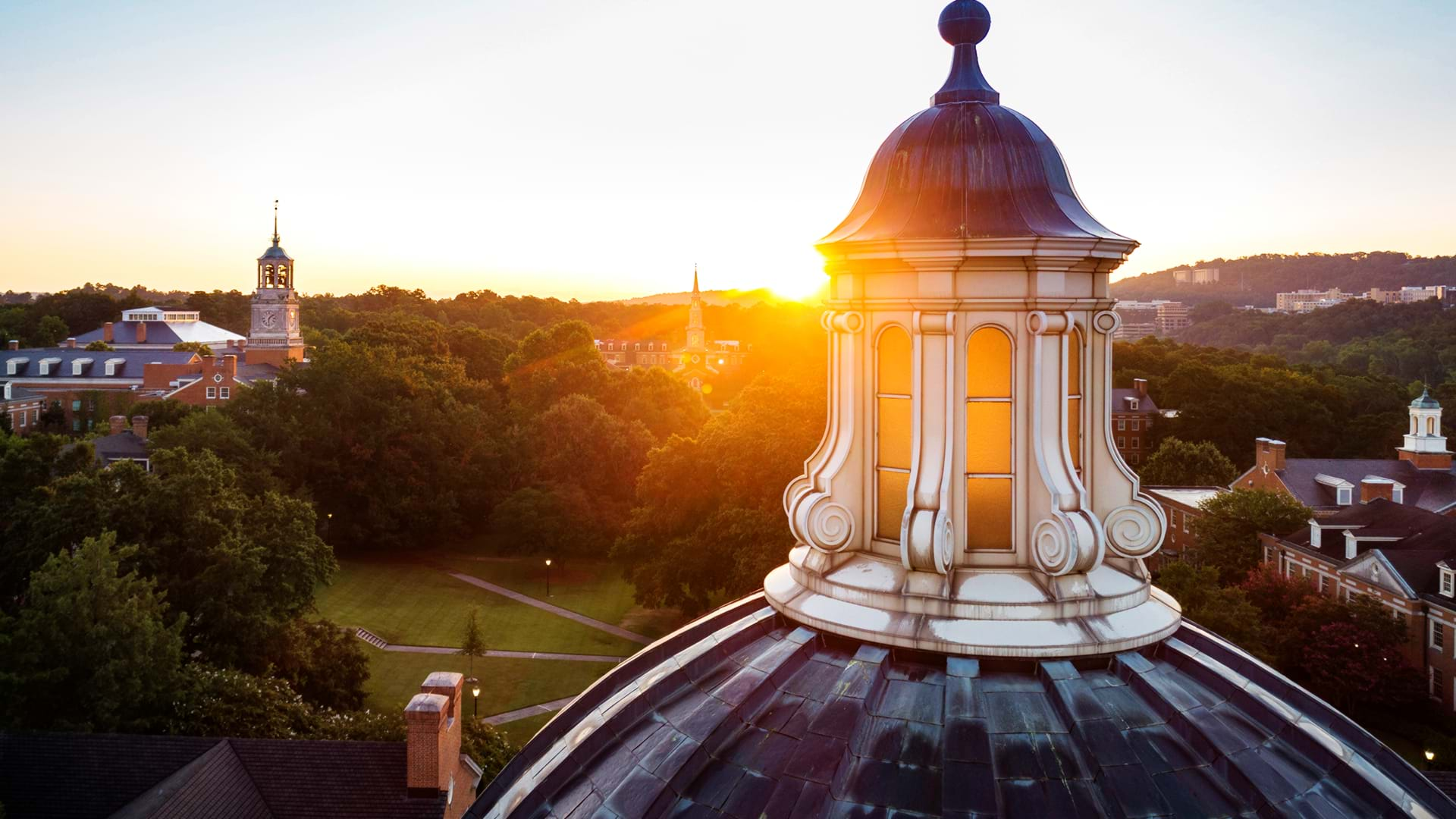Spring 2025 Courses
Asynchronous Courses: 16 weeks, January 13 – May 1
- ECEN 211, Major American Authors (3 credit hours) – Tim Sutton & Kenyon Gradert
- ECMA 210, Statistics (3 credit hours) – Sonya Stanley
Asynchronous Courses: 8 weeks
Spring Term A, January 13 – March 5
- ECHU 101, Humanities and Culture I (3 credit hours) – Andy Montgomery
- ECWC 101, Writing Composition I (3 credit hours) – Kathy Flowers
Spring Term B, March 10 – May 1
- ECCS 215, Oral Communication (3 credit hours) – Ashley George
- ECHU 102, Humanities and Culture II (3 credit hours) – Andy Montgomery
- ECWC 102, Writing Composition II (3 credit hours) – Kathy Flowers
*Course offerings are subject to change
Summer 2025 Courses
Asynchronous Courses: 10 weeks, June 2 – August 8
- UCHW 120, Concepts of Health and Wellness (2 credit hours) – Rachel Bailey
Asynchronous Courses: 5 weeks, June 2 – July 2
- ECEN 211, Major American Authors (3 credit hours) – Tim Sutton & Kenyon Gradert
- GEOG 150, Environmental Geography (4 credit hours) – Johnathan Fleming
- SOA 200, Arts in Society (3 credit hours)
- PSYC 101, General Psychology (4 credit hours) – Tamara Shadinger
Asynchronous Courses: 5 weeks, July 9 – August 8
- SOA 210, Voices of Freedom Arts in Society (3 credit hours)
- SOCI 100, Intro to Sociology (4 credit hours) – Chuck Stokes
*Course offerings are subject to change
Fall 2025 Courses
Asynchronous Courses: 16 weeks
- ECWC 101, Writing Composition I (3 credit hours)
Asynchronous Courses: 8 weeks
Fall Term A
- ECMA 110, Contemporary Math (3 credit hours) – Sonya Stanley
- ECWC 101, Writing Composition I (3 credit hours)
- ECEN 201, Major British and Irish Authors (3 credit hours) – Tim Sutton
Fall Term B
- ECBI 110, Human Biology (4 credit hours) – Drew Hataway
- ECWC 102, Writing Composition II (3 credit hours)
- ECAR 200, Arts in Society (3 credit hours) – Joe Cory
*Course offerings are subject to change
ECAR 200 - Arts in Society (3)
This course provides students with a working knowledge of the meaning and importance of the arts as a product of the creative imagination in a dynamic interaction with a society. Its purpose is to develop deeper understanding of human expression in the context of global and national development.
ECBI 110 - Human Biology (4)
Study of the biological principles of the human body from a human biological anatomical, physiological, and an ecosociological perspective. May be used as a prerequisite for upper-level biology courses. Includes laboratory.
ECCS 215 - Oral Communication (3)
Study of the techniques governing speeches to inform, convince, and actuate. Course covers speech composition, delivery, and audience analysis. Course includes an overview of interviewing and a discussion of the basic elements of business communications.
ECEN 201 - Major British and Irish Authors (3)
Study of one or two major authors from each century (16th to the 20th) and includes drama (Shakespeare), prose fiction (Jane Austen), and poetry (William Wordsworth, Elizabeth Barrett Browning, and others). Provides depth of study on a few great authors, rather than a broad survey.
ECEN 211 - Major American Authors (3)
Study of American literature from its beginnings to the present, emphasizing major authors and major literary trends, such as the American Renaissance and the Harlem Renaissance.
ECHU 101 - Humanities and Culture I (3)
This is the first course in a two-term sequence that examines the Western intellectual tradition within a global context. Through interdisciplinary study, students will increase their awareness of the cultural, historical, literary, philosophical, and religious influences upon the development of civilizations. ECHU 101 will take students through the foundational texts of the ancient Greeks, Romans, and early Christian literature, through the Middle Ages and Renaissance, and into the early Modern Period.
ECHU 102 - Humanities and Culture II (3)
This is the second course in a two-term sequence that examines the Western intellectual tradition within a global context. Through interdisciplinary study, students will increase their awareness of the cultural, historical, literary, philosophical, and religious influences upon the development of civilizations. ECHU 102 will take students through the foundational texts of the Early Modern Age, the Enlightenment, the 19th Century, and the 20th Century.
ECMA 110 - Contemporary Mathematics (3)
Develops problem-solving skills by studying a wide range of contemporary applications of mathematics. Connections between contemporary mathematics and modern society are stressed.
ECMA 210 - Statistics (3)
Designed as an algebra-based introductory course in statistics. Covers descriptive and inferential statistics with probability decision-making skills necessary for today’s complex civilization. Covers frequency, probability, binomial, normal, chi-square and sampling distributions, estimation, hypothesis testing for one and two populations, linear correlation and regression, and analysis of variance. Uses the graphing calculator and statistical computing packages.
ECWC 101 - Writing Composition I (3)
Introductory course in communication, emphasizing guided practice in listening, reading, and writing. Students gain proficiency in the use of library resources and in foundational computing skills. Students must write a minimum of four essays of polished prose that are revised through multiple drafts and carefully edited before submission. Students must pass this course with a grade of C- or better to advance to ECWC 102.
ECWC 102 - Writing Composition II (3)
This is a continuation of ECWC 101 with additional practice in composition. Special emphasis is placed on learning how to apply critical thinking skills to the process of reading and incorporating sources into their documents. A major project in this course is the academic research paper. Prereq: ECWC 101 with a grade of C- or better.
GEOG 150 - Environmental Geography: Understanding Planet Earth (4)
Hurricanes, tsunamis, earthquakes, volcanoes, global climate change. Learn the science behind the headlines. Understand processes and patterns in the natural environment. This course investigates a diverse set of environmental concerns on our dynamic planet including landform processes, oceans and coasts, water resources, Earth’s atmosphere, and climate dynamics.
PSYC 101 - General Psychology (4)
Comprehensive overview of the scientific study of behavior and mental processes. Topics include neuroscience, sensation and perception, learning, cognition, development, personality, behavior disorders, psychotherapy, and social psychology. This course is a prerequisite for all other courses in psychology. Psychology majors may not use this course to meet the general education social science requirement.
SOA 210 - Voices of Freedom (3)
This course provides students with a working knowledge of the meaning and importance of the arts as a product of the creative imagination in a dynamic interaction with a society. Its purpose is to develop deeper understanding of human expression in the context of global and national development and explore the impact of the arts as a voice of freedom in oppressive circumstances. This course meets the general education fine arts requirement.
SOCI 100 - Introduction to Sociology (4)
Introduction to the way sociologists view society. Questions explored include: Why is society organized the way it is? How and why do different societies establish different patterns of organization? How does society influence individuals? How and why does society change or remain the same over time? What factors in society influence occurrences such as social conflict, violence, crime, sexual deviance, social inequity, gender relations, religious practices, etc.?
UCHW 120 - Concepts of Health and Wellness (2)
This course explores what it means to be healthy, in the fullest sense of physical, mental, social, and spiritual wellbeing. Personal health topics include healthy eating, mental and spiritual wellness, healthy relationships, physical activity, chronic and infectious diseases, violence and injuries, health insurance, and resources on and off campus to address health needs. Students develop health and information literacy skills and critical thinking in health decisions. In addition to personal health, we discuss disparities related to race, class, and gender, communities, Christian ethics, and the ways in which social factors and our actions contribute to others’ opportunities to live healthy lives.




